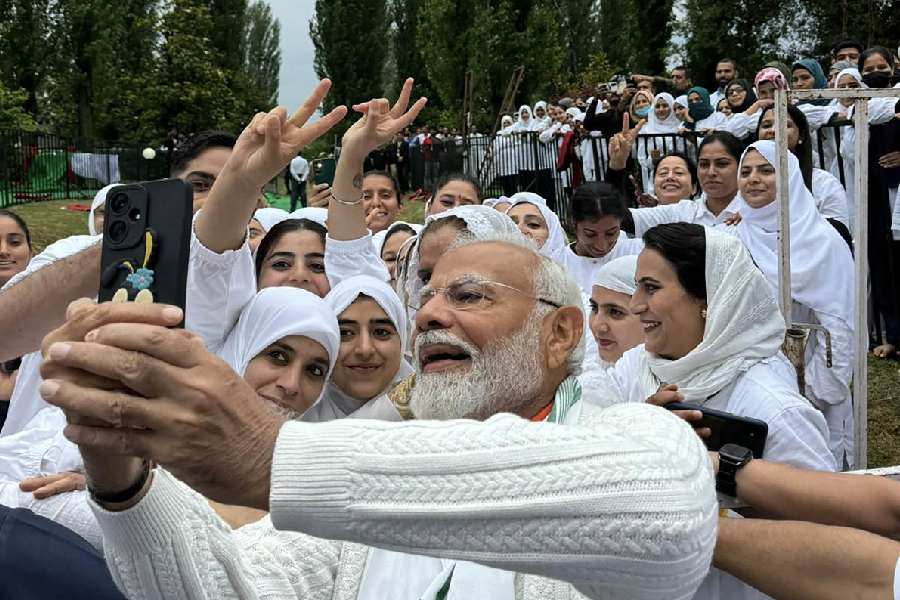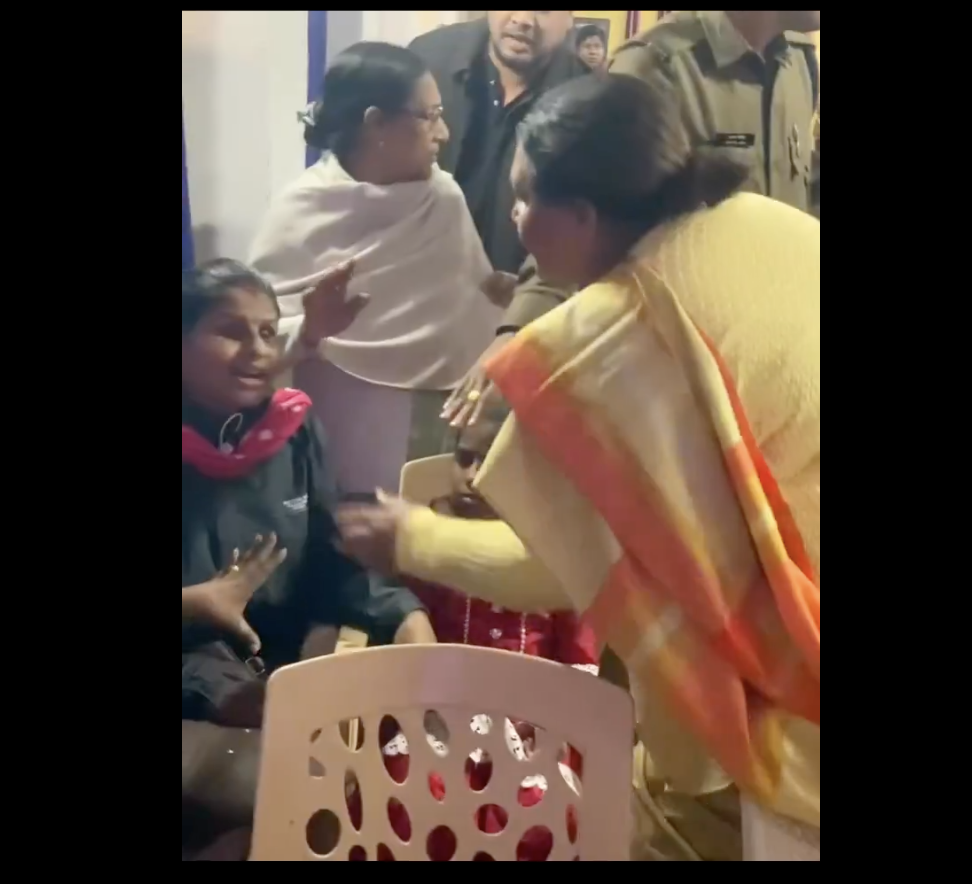
By C. Raja Mohan,
Can India’s Bharatiya Janata Party (BJP) go global? Can it cooperate with like-minded nationalist parties in the West at a time when there is a resurgence of the right wing in Europe and the United States?
In early July, the idea that the BJP should engage with the American right came up at the National Conservatism Conference in Washington. Sponsored by the Netherlands-based Edmund Burke Foundation, the conference has emerged as a major clearinghouse of ideas among the U.S. and European nationalist right, with the aim of building a global front against liberalism. Earlier this year, a similar conference in Brussels featured such right-wing luminaries as Hungarian Prime Minister Viktor Orban and Brexit architect Nigel Farage, who both delivered keynotes.
Two leading intellectuals of the BJP, Ram Madhav and Swapan Dasgupta, spoke at the Washington conference, where they promoted the idea of consultation and cooperation between the Indian and global right. While they were not officially representing the BJP, it was the first time that the Indian right participated in the National Conservatism conferences.
At first glance, the idea of practical cooperation between the Indian and Western nationalist right appears a bridge too far. The gulf that separates the two is real, not least due to nativist, religious, and other anxieties on both sides. Still, these first contacts should not be written off. They could lead to several interesting outcomes, especially for India and the BJP.
These include the expansion of the Indian political elite’s engagement with the world, which has traditionally been dominated by the left. Increased contacts could help replace the Indian right’s congealed anti-Western sentiments with a more nuanced understanding of the current political churn in Europe and North America. The new connections could also lend a wider base of support for the Western right in the non-Western world.
India’s internationalism has long been dominated by its elite connections with the international left. Indian liberals, socialists, and communists developed significant contacts with their Western counterparts at the turn of the 20th century. Connections with the British Labour Party and European social democrats flourished in the first decades after independence. As the organizational structures of the Indian Congress Party and various socialist parties weakened toward the close of the 20th century, their ability for institutional engagement with Western left-of-center parties diminished.
Indian connections to the Western right can also be traced back a long way. The nationalist and fascist parties that emerged in Europe in the 1920s and 1930s impressed the Indian right with their military-style discipline, tight organizational structures, and ability to mobilize their societies—a fascination shared at the time by many in the democratic West. In early 1931, Hindu nationalist leader B.S. Moonje traveled to Italy, where he met Italian leader Benito Mussolini. Moonje saw Mussolini’s nationwide fascist youth organization—the Balilla—as a model to regenerate Hindu youth into a vigorous force.
This story was originally published in foreignpolicy.com. Read the full story here.






